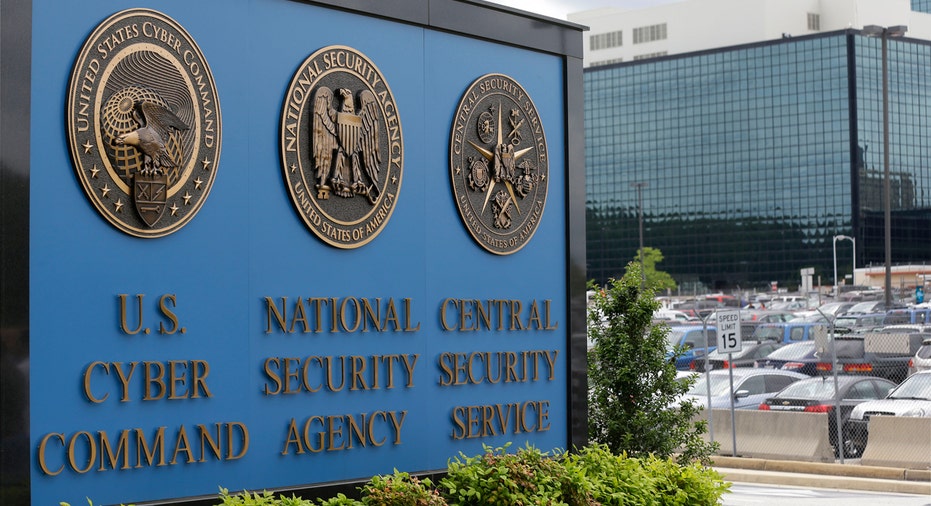Contractor charged in leak

A 25-year-old government contractor was arrested over the weekend and charged with leaking a secret report to a news organization that described some of Russia's election-related hacking activities, according to court papers and U.S. officials briefed on the case.
Reality Leigh Winner of Augusta, Ga., was charged with removing classified information from her secure workplace and mailing it to the news organization.
The Justice Department didn't identify the news organization in court papers, but a U.S. official confirmed it was the Intercept, which on Monday afternoon posted online a document that it said was produced by the National Security Agency and which concluded Russian spies hacked computers of a U.S. company "to obtain information on elections-related software and hardware solutions."
Ms. Winner is being held in federal custody until a detention hearing later this week, according to her attorney, Titus Nichols.
"She has no criminal history," Mr. Nichols said. "She is holding up very well and trying to remain in good spirits. We are working to resolve this and put it behind her."
Ms. Winner is a contractor with Pluribus International Corp. and is assigned to a government facility in Georgia, the Justice Department said. Calls to Pluribus weren't answered.
The U.S. government learned about the alleged leak on May 30 when a news organization provided it with a copy of the secret document in an apparent effort to verify its authenticity, according to an affidavit filed by the Federal Bureau of Investigation.
In the court papers, the FBI said government experts examined the copy of the report and concluded it had been folded or creased, suggesting it "had been printed and hand-carried out of a secured space."
The government investigated who had access to the document and determined that six people, including Ms. Winner, had printed copies of it. An audit of her desk computer revealed she had an "e-mail contact with" the news organization, the affidavit says.
Ms. Winner was questioned Saturday by an FBI agent and admitted printing the report and then mailing it to a news organization, the affidavit alleged.
Her lawyer, Mr. Nichols, declined to comment on the allegations.
In an article published Monday, the Intercept said it had received the NSA report anonymously and had authenticated its contents. It said the NSA report details Russian efforts to hack the computers of a U.S. company and steal information about election-related software and hardware, data that was then likely used to launch cyberattacks against local U.S. governments.
U.S. intelligence agencies and law enforcement officials have said that Russian President Vladimir Putin ordered a campaign to influence the outcome of the 2016 U.S. election to help the prospects of Donald Trump, then the Republican nominee.
The FBI and Congressional committees are investigating whether Trump's campaign colluded with the Kremlin in its efforts. Mr. Trump has denied any collusion. He has called the investigation a "witch hunt."
Moscow has denied any Russian effort to meddle in last year's election, although, Russian President Vladimir Putin recently suggested what he called patriotic Russian hackers could have behind cyberattacks directed toward the U.S.
In a statement, the Intercept said it received the document anonymously and therefore had "no knowledge of the identity of the source."
The Intercept launched in early 2014 with the backing of billionaire eBay Inc. founder and philanthropist Pierre Omidyar, with the declared mission of pursuing "aggressive and independent adversarial journalism."
Focusing on surveillance and privacy issues, the website was built around high-profile journalists like Glenn Greenwald and Laura Poitras -- who had won the Pulitzer Prize for their reporting on the highly classified disclosures by former intelligence contractor Edward Snowden -- as well as Jeremy Scahill. Ms. Poitras left the site in 2016.
While government prosecutions of officials accused of leaking information to reporters are relatively rare, the practice picked up pace during the Obama administration. Notable cases included the indictment of Mr. Snowden and the conviction of former Army intelligence analyst Chelsea Manning for passing scores of classified documents to WikiLeaks.
Write to Del Quentin Wilber at del.wilber@wsj.com and Lukas I. Alpert at lukas.alpert@wsj.com



















